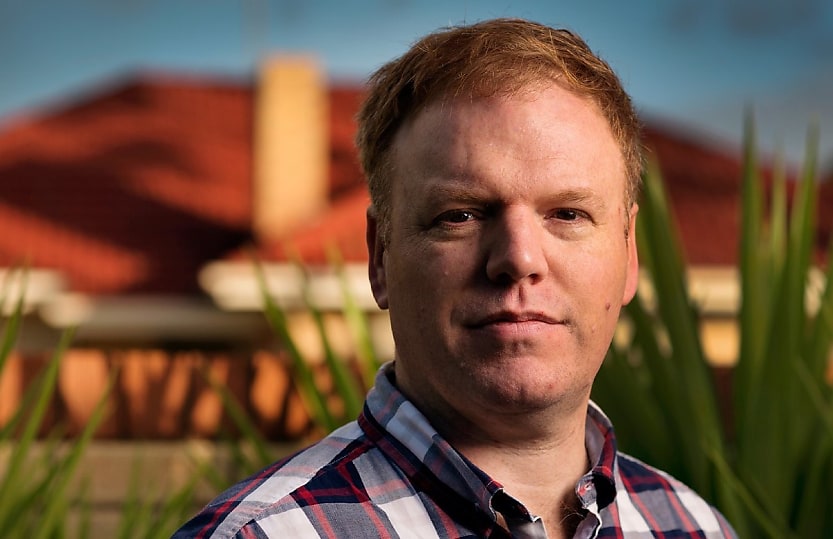Whistleblower who lifted lid on aggressive ATO tactics to face trial

Richard Boyle will answer charges relating to his time at the office after speaking out about its debt collection techniques.
Tax office whistleblower Richard Boyle has been cleared to stand trial after a South Australian court dismissed his claim of protection under whistleblower laws.
After internal representations about his concerns he went to the media in 2017 and was charged in 2019 with offences including passing on protected information.
He could face prison if convicted despite several independent inquiries finding that his concerns were well-founded.
Before the District Court, Boyle had argued he was immune from criminal prosecution thanks to the Public Interest Disclosure Act, which protects federal public servant whistleblowers.
Judge Kudelka dismissed the application and the judgement was suppressed on an interim basis, with a further hearing scheduled for this afternoon 28 March.
The Human Rights Law Centre, which has taken an interest in the case, urged the Attorney-General to discontinue the prosecution.
Senior lawyer at the HRLC Kieran Pender said the decision was a “major blow for Australian democracy” and the Public Interest Disclosure Act was functioning as entended.
“The court’s decision that Boyle’s whistleblowing on wrongdoing within the ATO was not covered by the PID Act shows that the law is utterly broken,” he said.
“When whistleblowers speak up about government wrongdoing, human rights violations and corporate misfeasance, they make Australia a better place. Our laws need to reflect that.
He said the whistleblowing laws, enacted by Mark Dreyfus when he was Attorney-General in 2013, had now failed more than once following the prosecution of David McBride, who spoke out about alleged war crimes by Australian troops in Afghanistan.
“There is no public interest in either prosecution and it is high-time that Dreyfus intervened to drop both cases,” said Mr Pender.
“The decision today only underscores the urgent need for law reform to ensure whistleblower protections are real and don’t just exist on paper. The Attorney-General should prioritise comprehensive reform to the PID Act and the establishment of a whistleblower protection authority.”
The director of public prosecutions will give evidence about the suppression order in South Australia today. Amendments to the PID Act are also expected to be debated before the Senate today.
Picture: courtesy of Ben Searcy and 9Fairfax.
About the author







